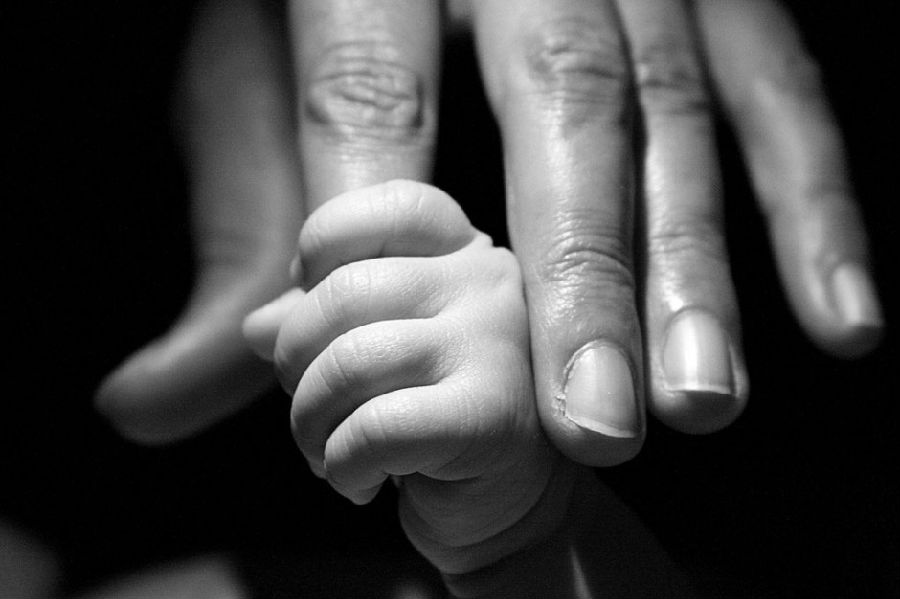If you’ve ever blinked at a sudden light, jerked your hand away from something hot,
如果你在突然的燈光下眨眼,或碰到滾燙的物品立刻抽回手,
or jumped at a loud noise, then you know that these are not actions we consciously plan. Rather, they happen involuntarily.
或聽到巨大的聲響嚇了一跳,你會發(fā)現(xiàn)這并不是我們有意識、有計劃的行為,而是不自覺發(fā)生的。
Such sudden, unconscious movements are a kind of simple neural activity known as a reflex.
這些突然、無意識的行為是一種簡單的神經(jīng)活動,也就是“條件反射”。

A deliberate action, such as raising a spoon to the mouth, involves consciousness. We decide to raise the spoon, then we do it.
有計劃的行為包含意識,比如把一個勺子送到嘴邊,我們先是拿起勺子,然后再送到嘴邊。
Most reflexes, however, do not involve the brain; they are fast, involuntary responses that travel over what is known as a reflex arc.
然而,大部分的條件反射與大腦無關(guān),它們是快速、無意識的反應(yīng),該反應(yīng)通過“反射弧”進行傳遞。
A reflex arc consists of a stimulus, for example extreme heat, which creates an impulse that travels along sensory nerves and neurons to the spinal cord.
反射弧包括某種刺激,如高溫環(huán)境下人會產(chǎn)生一種神經(jīng)沖動,這種神經(jīng)沖動沿著感覺神經(jīng)和神經(jīng)元傳遞,最后到達脊髓。
譯文為可可英語翻譯,未經(jīng)授權(quán)請勿轉(zhuǎn)載!












